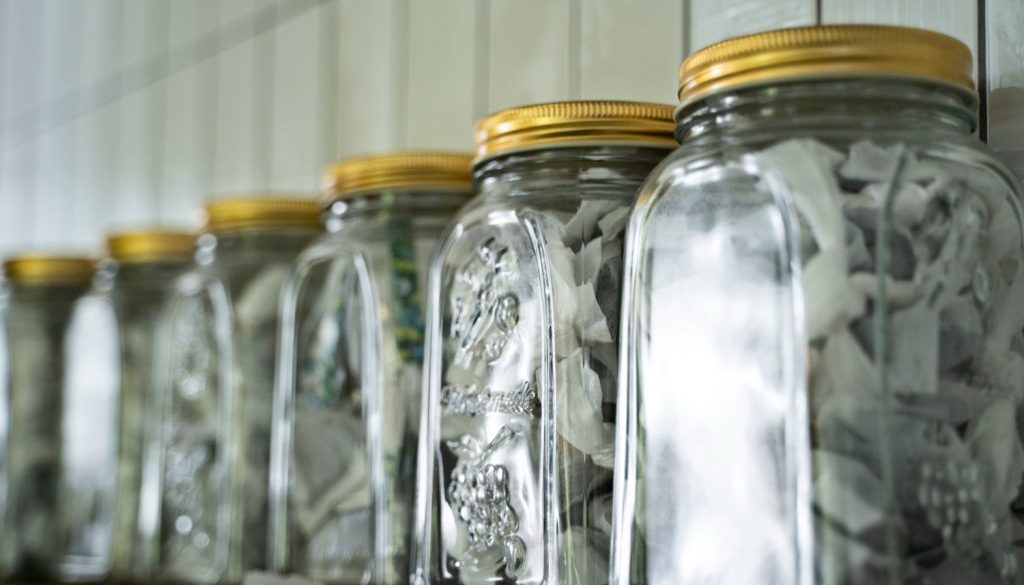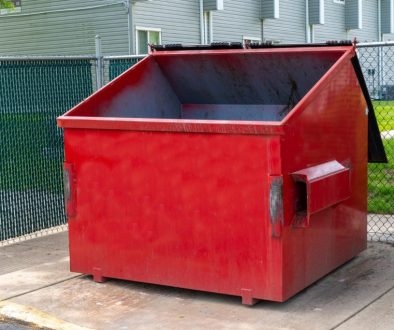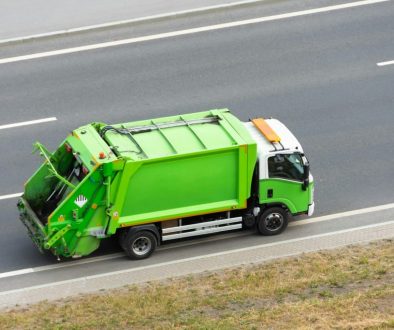Reducing household rubbish is a simple yet impactful way to protect the environment. By cutting down on the waste we produce, we conserve resources, reduce pollution, and create a more sustainable world. Luckily, there are many easy methods we can adopt to significantly reduce the amount of rubbish we generate at home.
One of the key areas where we can make a difference is in reducing food waste. By planning our meals, storing food correctly, and getting creative with leftovers, we can minimise the amount of food that ends up in the bin. This not only reduces rubbish but also saves money.
Packaging waste is another significant contributor to household rubbish. Choosing products with minimal packaging, using reusable bags and containers, and recycling properly can make a big difference. Additionally, finding creative ways to reuse household items can help reduce the need for new products, reducing overall waste.
In this article, we’ll explore practical and straightforward methods to reduce household rubbish. From food waste and packaging to reusing items and recycling effectively, we’ll cover a range of strategies you can start using today to make your home more eco-friendly.
Simple Strategies to Decrease Food Waste
Reducing food waste is one of the simplest ways to lower household rubbish. It starts with smart shopping and careful planning. Make a grocery list before you shop and stick to it. This prevents buying items you don’t need and avoids letting food go off.
Proper storage also plays a key role. Keep your fruits and vegetables fresh by storing them properly. For instance, keep bananas away from other fruits as they release gases that can ripen other produce faster. Use airtight containers for leftovers to keep them fresh longer and ensure you can enjoy them later.
Being creative with your cooking can also help reduce food waste. Utilise leftovers by incorporating them into new meals. For example, use leftover vegetables in a stir-fry or turn a roast dinner into a delicious stew. Additionally, consider composting food scraps like vegetable peels and coffee grounds. Composting reduces the amount of waste that ends up in the bin and creates a natural fertiliser for your garden.
Tips for Reducing Packaging Waste
Packaging waste is a major contributor to household rubbish. One way to reduce packaging waste is to choose products with minimal or recyclable packaging. Opt for loose fruits and vegetables instead of pre-packaged ones. Bring your own reusable bags, containers, and even jars when shopping. This reduces the need for single-use plastic bags and containers.
Buy in bulk where possible. Items like grains, pasta, and nuts can often be bought in larger quantities, reducing the amount of packaging used. Be mindful of the products you purchase. Select brands that prioritise eco-friendly packaging and support companies that use biodegradable or recyclable materials.
Reusing packaging is another effective strategy. Glass jars can be cleaned and repurposed for storing pantry items or used as containers for homemade sauces and jams. Cardboard boxes can be employed for storage or craft projects with kids. By repurposing packaging materials, we can significantly reduce our household rubbish.
Creative Ways to Reuse Household Items
Reusing household items can dramatically reduce the amount of rubbish we produce. Many items that are often thrown away have potential new uses. Here are some creative ideas:
1. Glass Jars and Bottles: Clean glass jars can be used for storing dry goods like pasta, rice, and beans. They can also be used as containers for homemade sauces, jams, or even as vases for flowers.
2. Cardboard Boxes: Instead of tossing cardboard boxes, consider using them for storage. They are great for organising clothes, toys, or garden tools. They can also be used for craft projects with children, such as creating playhouses or decorations.
3. Old Clothing: Turn old t-shirts into rags for cleaning around the house. Alternatively, you can cut them into strips and braid them into dog toys or use them in DIY projects like making quilts or pillows.
4. Plastic Containers: Reuse plastic containers for packing lunches or storing leftovers. They can also be repurposed to organise small items in your garage or workshop.
Finding creative ways to reuse items not only reduces rubbish but also promotes a sustainable lifestyle. It makes us more mindful of what we consume and how we can extend the life of everyday objects.
Effective Recycling Practices at Home
Recycling is an essential practice for reducing household rubbish. By recycling properly, we can turn materials like paper, glass, and plastics into new products, conserving natural resources and energy. Here are some tips for effective recycling at home:
1. Know Your Recycling Rules: Different councils have different recycling guidelines. Familiarise yourself with the rules in your local area, such as what can and cannot be recycled. This ensures that your recyclables are processed correctly.
2. Clean and Sort Recyclables: Make sure to rinse out containers before placing them in the recycling bin. Clean items are easier to process and reduce the risk of contamination. Sorting different materials, like separating paper from plastics, also helps in efficient recycling.
3. Reduce Before You Recycle: While recycling is important, reducing waste in the first place is even better. Use reusable products, such as shopping bags and water bottles, to cut down on disposable items. This reduces the amount of material that needs to be recycled.
4. Recycle Hazardous Waste Properly: Items like batteries, electronics, and chemicals should not be thrown in the bin. Many local councils offer special collection points or events for hazardous waste. Recycling these items responsibly keeps harmful materials out of the environment.
By following these practices, we can make our recycling efforts more effective, ensuring that more materials are reused and less rubbish ends up in landfills.
Conclusion
Reducing household rubbish is easier than you might think. By adopting simple strategies for decreasing food waste, reducing packaging waste, reusing household items, and practising effective recycling, we can all make a significant impact on our environment. These actions not only reduce the burden on landfills but also promote a more sustainable and eco-friendly lifestyle.
Taking small steps at home can lead to big changes in our communities. It’s all about making mindful choices and encouraging others to do the same. Together, we can help create a cleaner, greener world for future generations.
If you’re looking to hire a skip to help manage your waste efficiently, Enviro Skip Hire offers reliable solutions for proper waste disposal. Contact us today to learn more about how we can assist you in your efforts to reduce household rubbish.




